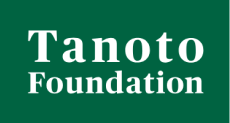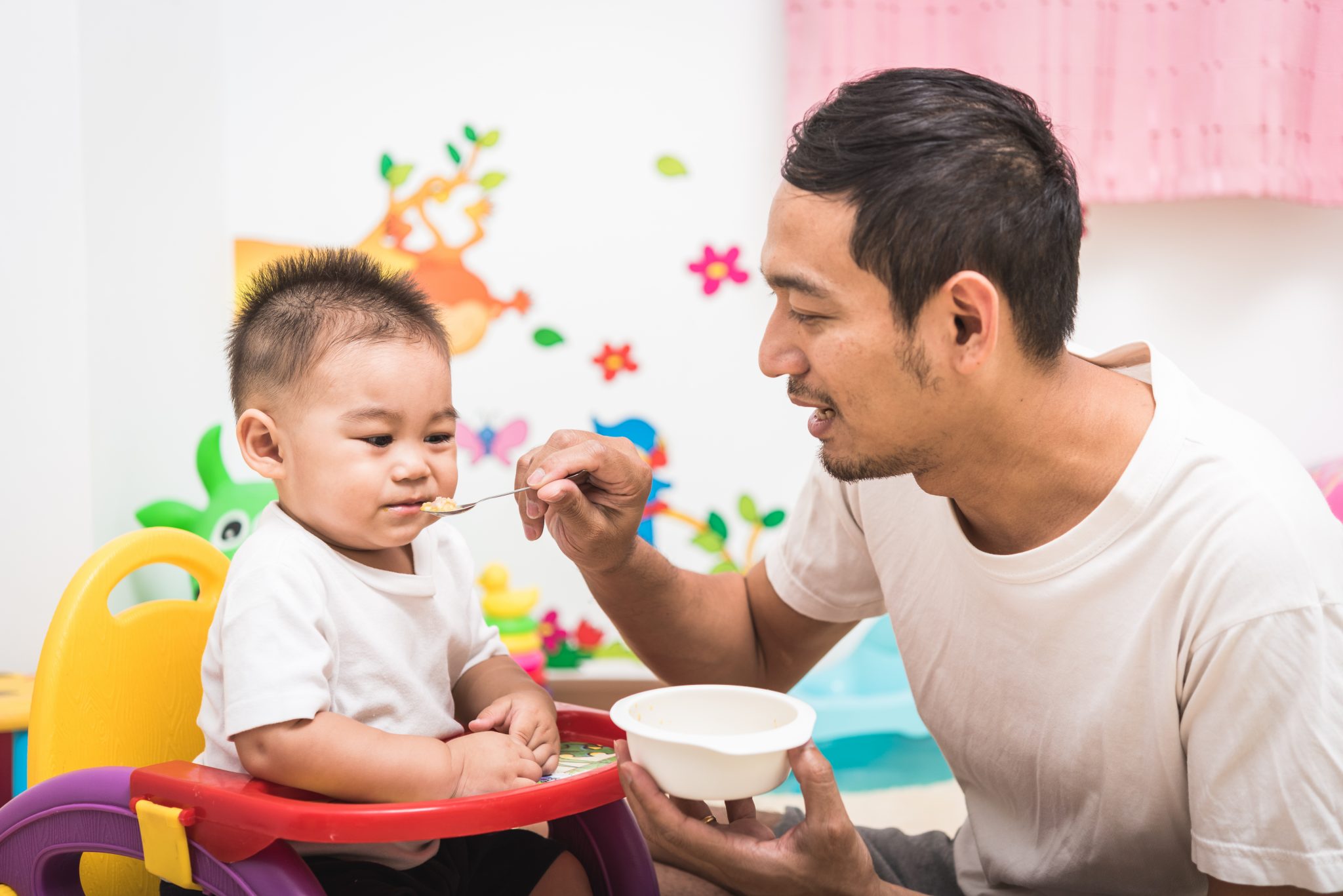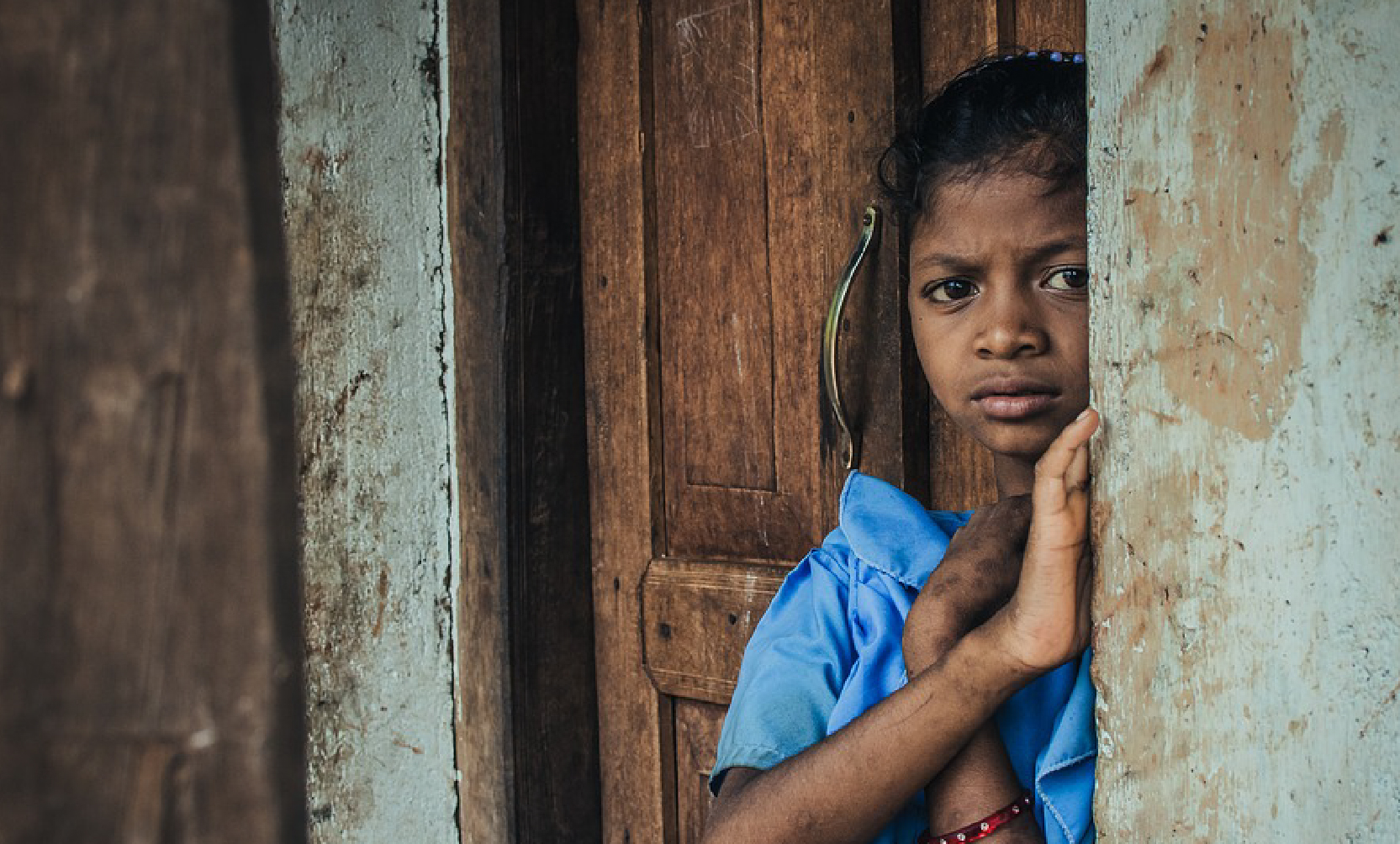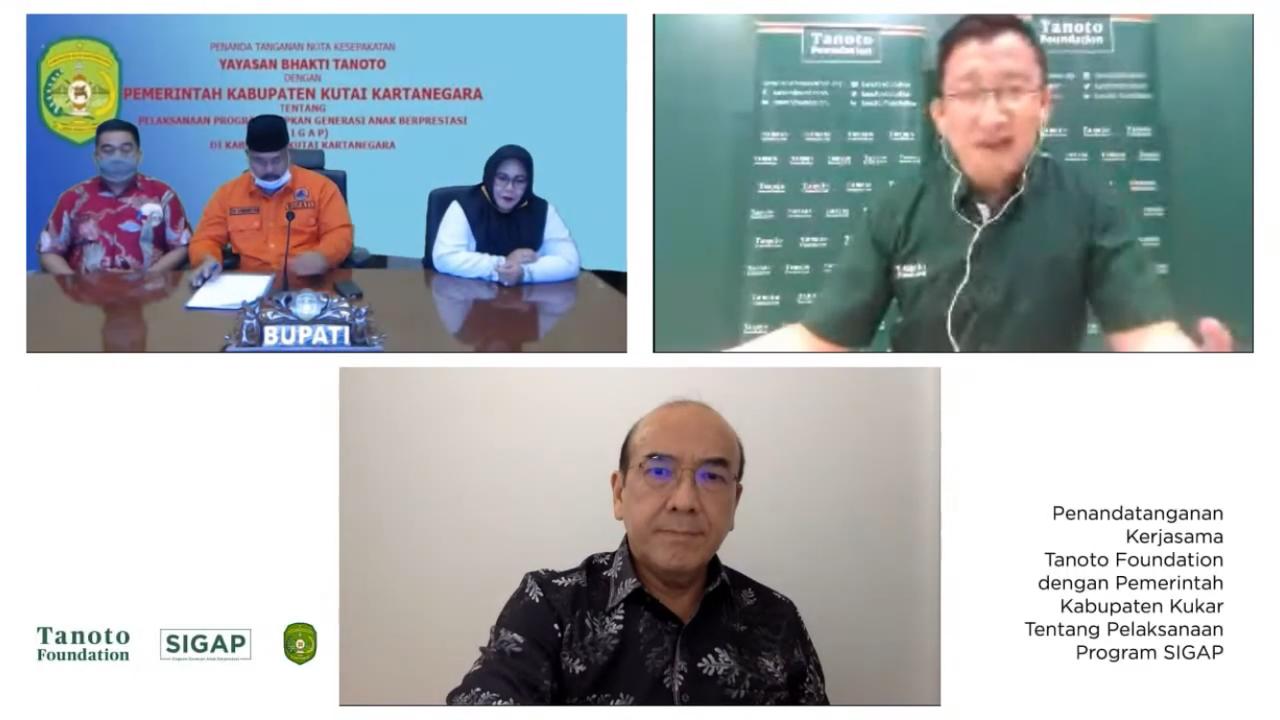Proper data is vital to understanding and solving problems, which is why an evidence-based approach is one of Tanoto Foundation’s three guiding principles, alongside a focus on impact and achieving results through partnership.
So the first thing that Tanoto Foundation, an independent family philanthropy organisation founded by Sukanto Tanoto and Tinah Bingei Tanoto in 1981, did after deciding to support the Indonesian government’s drive to reduce stunting was to look for accurate data.
Information on the nutritional status of children under five is currently available at the national, provincial and district levels, based on the 2018 Basic Health Research conducted by Indonesia’s Ministry of Health. To complement this data, Tanoto Foundation is working closely with the SMERU Research Institute to develop a map of the nutritional status of children under five at the sub-district and village levels.
The mapping will be carried out in seven districts included in 514 national priority districts for stunting reduction, namely Kutai Kartanegara (East Kalimantan), Rokan Hulu (Riau), North Lombok and West Lombok (West Nusa Tenggara), Pandeglang (Banten), West Pasaman (West Sumatra), and Garut (West Java). The findings from this mapping will be used to assist the government in developing a behavior change communication strategy for stunting prevention, which is one of the five pillars of the national strategy for the acceleration of stunting prevention.
Tanoto Foundation also provides grants to Alive & Thrive, a global nutrition initiative to save lives, prevent illness and ensure healthy growth and development through improved maternal nutrition, breastfeeding and complementary feeding practice. The collaboration aims to help the government through the study ‘Exploring Maternal, Infant, and Young Child Nutrition & Early Childhood Development Practices in Indonesia’ conducted in 2019 to find practical recommendations related to communication for behavioral change regarding feeding for infants and children.
The study, which was conducted in six districts in Indonesia in South Kalimantan, West Sulawesi, East Nusa Tenggara, Maluku, West Sumatra and West Java, provided recommendations to the Government in developing communication strategies for social change and behaviors related to breastfeeding, complementary feeding, maternal nutrition, and early childhood development.
“In achieving a broader impact of our programs, we are collaborative, impact-oriented, and data-driven as our way of working,”
Global CEO of Tanoto Foundation, J. Satrijo Tanudjojo.
“In helping the Government to accelerate stunting prevention, we partnered with the SMERU Institute and Alive & Thrive to conduct studies as a basis for taking appropriate steps to reduce the burden of stunting, and ensure Indonesian children can lead healthy and productive lives. This study also led us to find more effective and efficient ways to support the government of Indonesia reducing the national stunting rate to below 20 per cent in 2024.”






